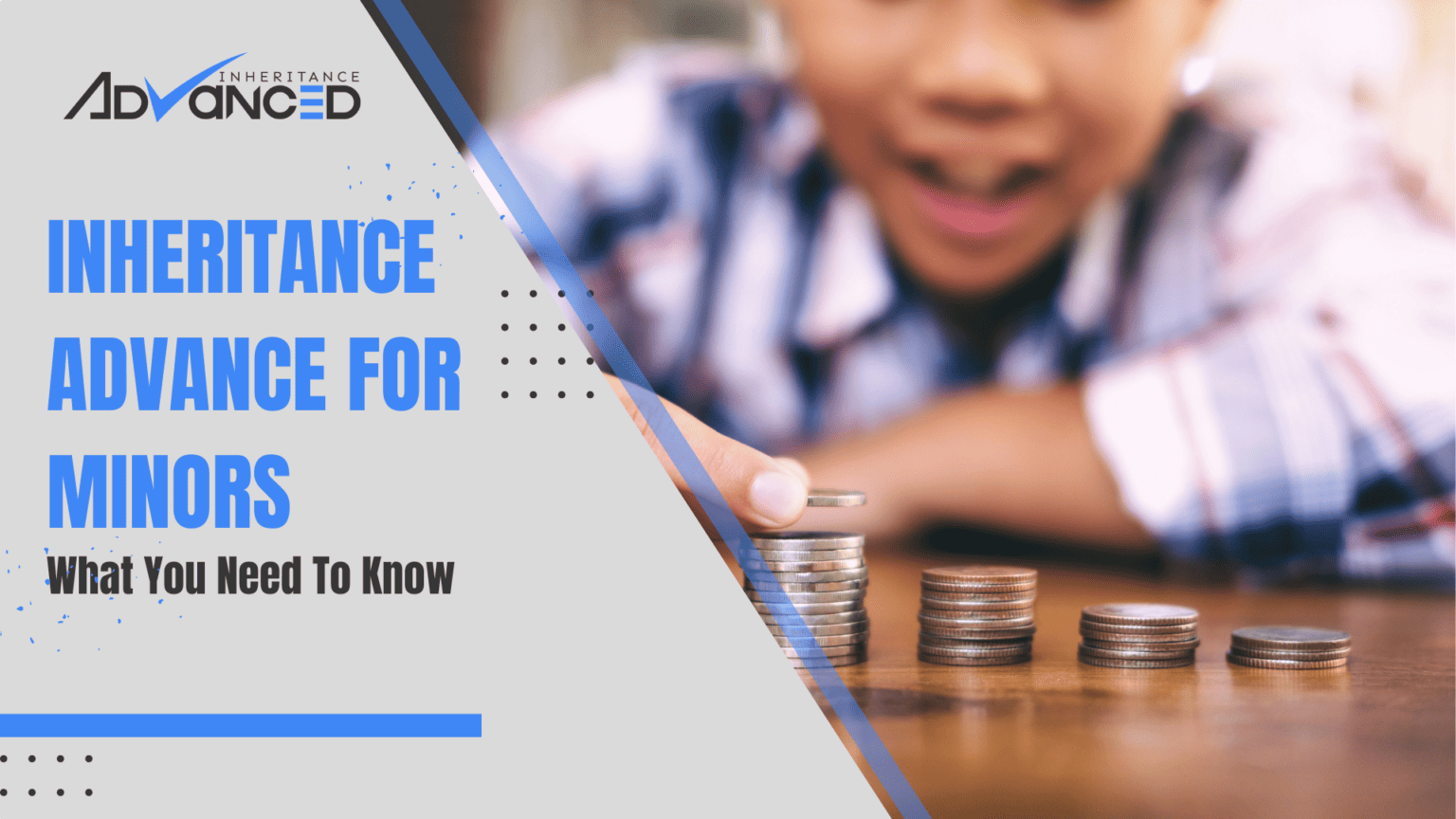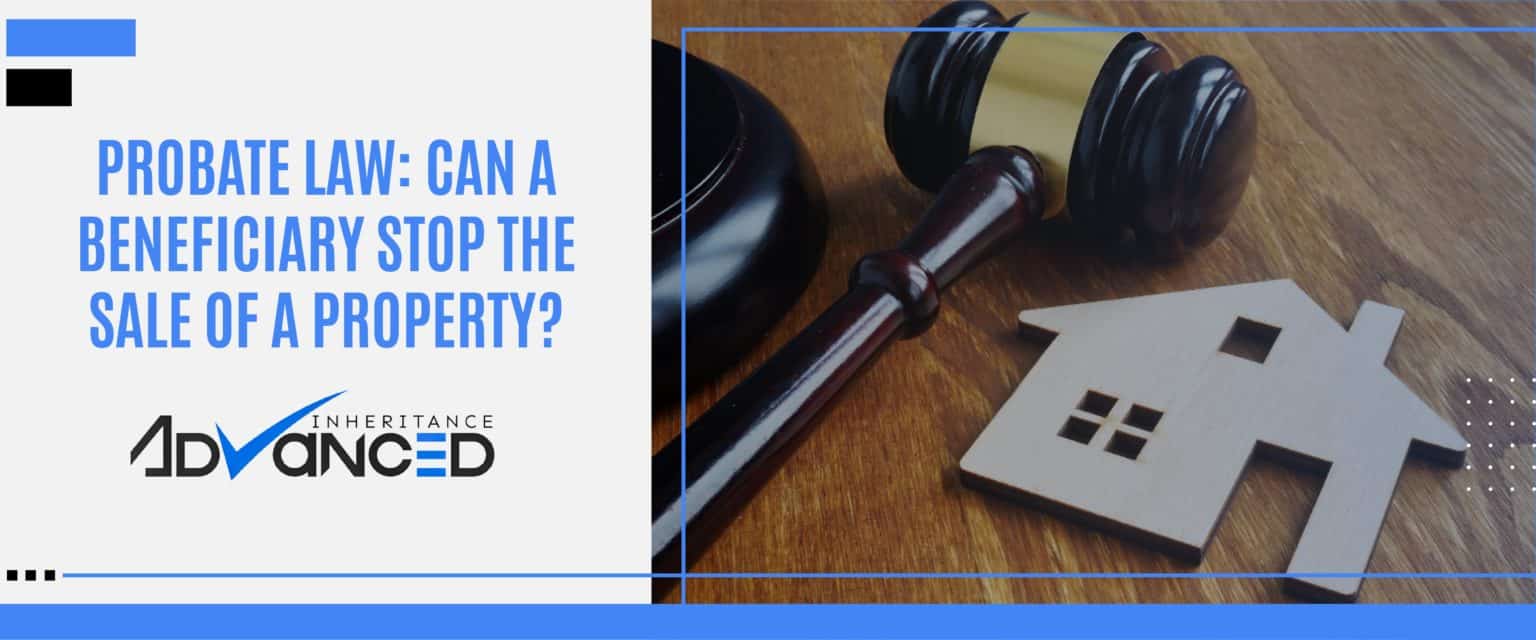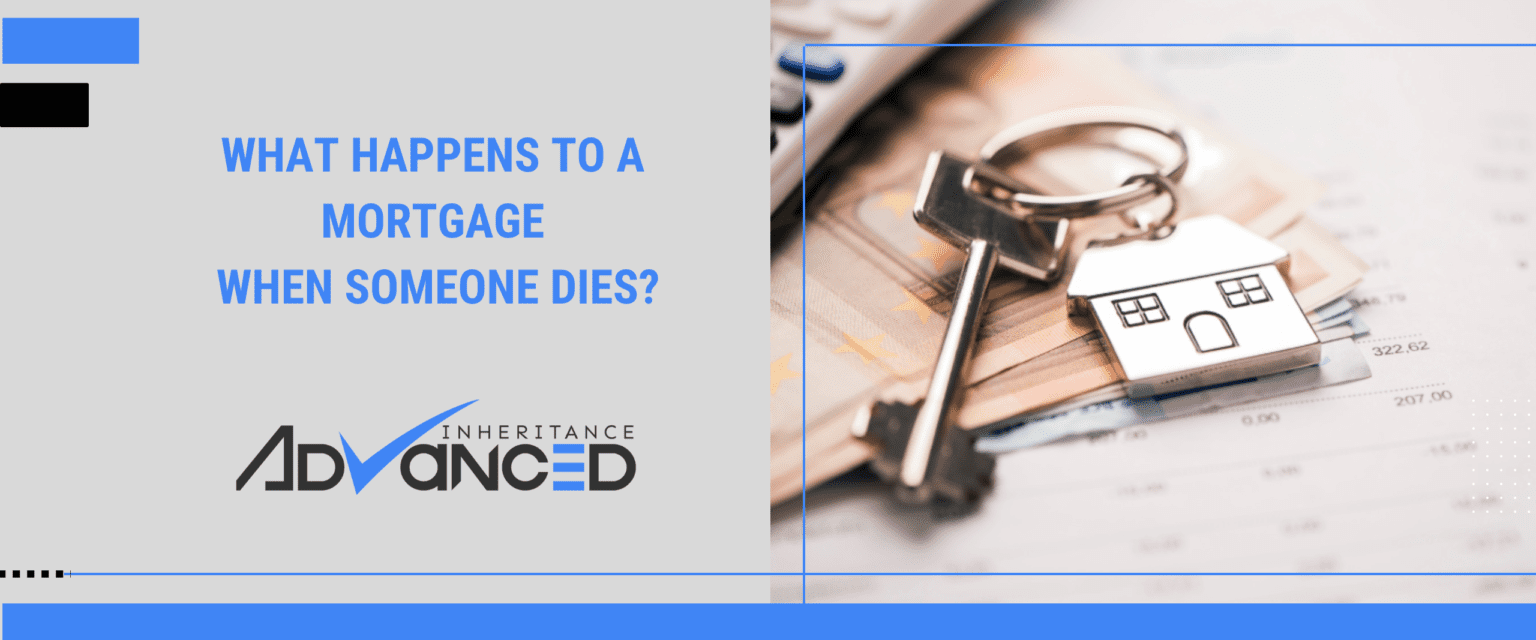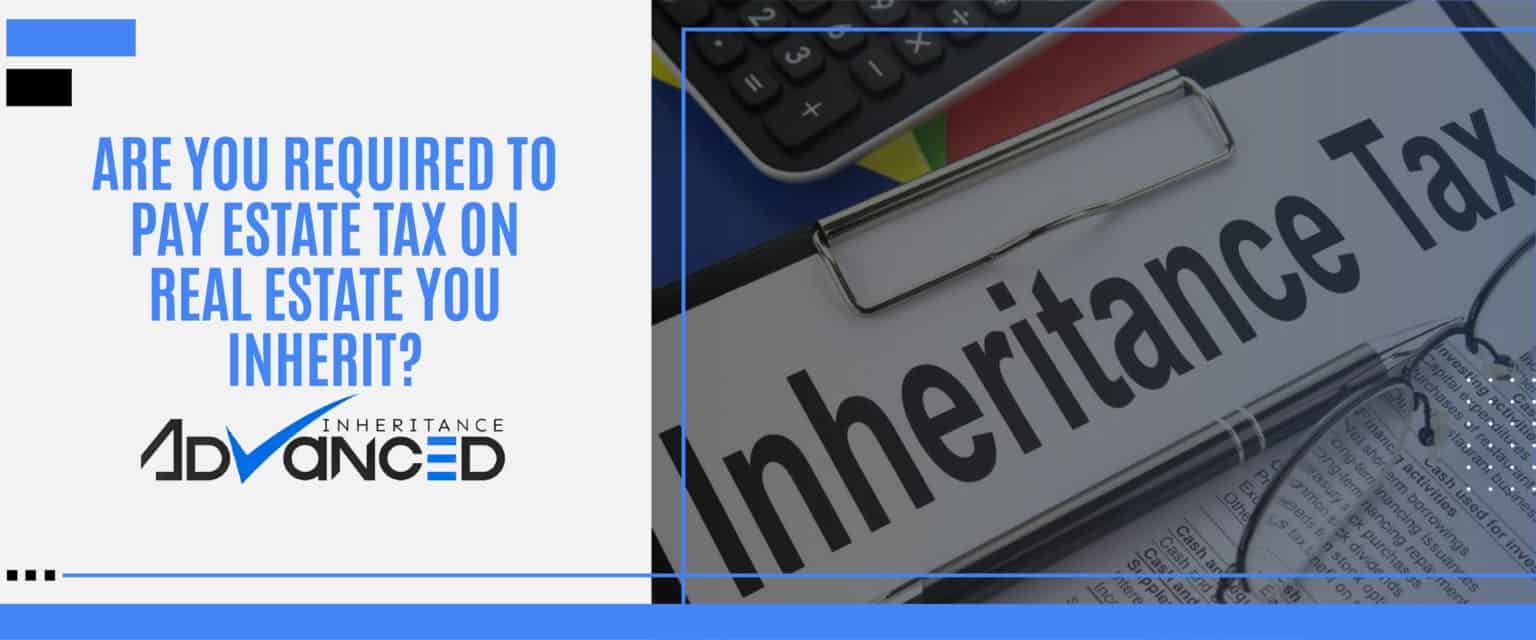Losing a loved one is hard enough. Dealing with their debt afterward is stressful. Most people who take a mortgage to buy a home don’t expect to pass away before paying it off, so what happens when this is the case?
The mortgage doesn’t disappear just because the borrower dies. That may leave you, the heir, confused about your options.
When you inherit property with a mortgage, you have a few options:
- Sell the property, pay the mortgage balance, and keep the rest as your inheritance.
- Keep the home and use other assets to pay off the mortgage, so you own the inherited property free and clear.
- Take over the existing mortgage and continue making payments.
- Allow foreclosure.
Jump To Section
What Happens to a House With a Mortgage When the Homeowner Dies?
If there’s no surviving spouse, the property must go through probate to pass to the beneficiaries. The mortgage loan debt must be assumed or paid off. Sometimes, this means the heir takes the mortgage, too. Sometimes, it means getting the house free and clear.
If the deceased had more assets, such as cash, stocks, or bonds, there may be a clause in the will that liquidates the assets to pay the mortgage debt. In that situation, the executor pays off the mortgage with the proceeds from asset liquidation, then transfers the deed to you.
If the deceased had no remaining assets, or specifies in the will that you are to take the property deed with the mortgage, you receive the title to the home, but must also deal with debt.
If the balance is higher than what the property is worth, consider speaking with the executor about opting out.
If you inherit real estate with a mortgage, contact the mortgage servicer as soon as possible. You’ll need to provide the homeowner’s death certificate as well as proof that you’re the rightful heir to the property. The loan servicer will tell you what they need. They’ll also be able to discuss your options for assuming the loan.
Option 1: Sell the Home, Keep the Profit
If you’re not interested in keeping them home, simply sell it, pay off the mortgage debt, and keep the difference for yourself. You may spend it as you please, including obtaining a mortgage for a different property.
You can sell it yourself, or hire a real estate agent to help you. You’ll also need to decide whether you’ll sell the home as-is, or invest in some repairs to increase the home’s value prior to the sale. Consider hiring an appraiser to determine the home’s current market value so that you can make an informed decision.
Option 2: Sell Other Resources to Pay the Mortgage
If other holdings or liquid assets are available, you may or may not be able to sell them to pay off the loan. If the other resources were willed to other family members, you cannot use them, unless of course, the family member legally agrees to liquidate and pass the funds to you.
Option 3: Assume the Mortgage Payments
Can a beneficiary take over a mortgage? Yes, sometimes even when there’s a due-on-sale clause.
Typically, when a loan has a due-on-sale clause, the mortgage loan balance must be paid in full before the home can go to a new owner. It’s meant to prevent new owners from assuming the current loan by requiring them to secure their own financing to pay off the old loan.
But in 1982, federal law addressed this issue. According to the Garn-St. Germain Depository Institutions Act, lenders must allow inheriting relatives to assume the loan. However, this law only applies in certain cases, so that’s why it’s important to speak with an attorney.
If you’re worried about qualifying for financing on your own, you’re in luck. In 2018, the Consumer Financial Protection Bureau passed legislation to protect people who inherit property with a mortgage. It requires the lender to work with the family and provide the same federal protections the original loan holder had. It includes the right to apply for a loan modification to the extent of the original borrower could. This is useful if the inherited home’s monthly payments are more than you can afford.
If for any reason you cannot assume the current mortgage, you can also apply for your own financing. If you don’t qualify on your own, you may consider adding a co-signer.
Option 4: Allow Foreclosure
There’s no obligation for you to repay the loan. If you’re not interested in keeping or selling the home because the mortgage balance is more than what the home’s worth, you can let the bank foreclose. They’ll sell the home for whatever they can to recoup their funds.
Probate Real Estate California FAQ’s
What About a Reverse Mortgage?
If the deceased left behind a reverse mortgage, the situation changes. With a reverse mortgage, the owner doesn't have to pay the principle until they sell or move out. At this point, the balance must be immediately repaid.
You must pay the balance if you want to keep the property. Otherwise, you can either sell the home and keep the difference or go into foreclosure. Opting for a foreclosure means that you're not responsible for the home or the debt.
What About Multiple Heirs?
When there are multiple heirs, things can get complex. If you and two siblings, for instance, all inherit your parents house, the three of you must decide together what to do.
If one person wants to keep the home and the other siblings want to sell, one heir could refinance the loan to buy out the others.
If everyone is okay with keeping the home, then everyone has to agree on what to do with it.
It can be difficult to grieve the loss of a loved one while making these kinds of decisions. If heirs can't reach an agreement about what to do, the court steps in. We recommend you seek legal advice from a law firm in your area.
Do I Need to Worry About Estate Taxes In California?
For decedents that die on or after January 1, 2005, California no longer requires an Estate Tax Return.
That said, your real estate inheritance isn't necessarily tax-free. You may have other taxes due at the state level that aren't technically estate taxes.
Federal law only levies estate taxes against large estates - regardless of the state.
To confirm your tax liability, speak with a licensed tax attorney in California.
Am I Subject to the Capital Gains Tax?
You won't be subject to these taxes until you sell the house. And that's only if you sell it for more than the home's fair market value at the time you inherited it. You'll pay tax on the difference between the fair market value and the sale price.
For instance, if you inherit the house valued at $150,000, then sell it later for $160,000, you'll pay tax on the $10,000.
Speak with a licensed tax attorney in California for more information about the rate you can expect to pay. It depends on how long you held the property.
Don't Wait for Probate
Don’t Want to Wait on Probate for Your Inheritance?
If you’re ready to sell your inherited home, but cannot afford to wait for the probate process, you may be interested in an inheritance advance. Want to find out more? Contact us for your free evaluation today!
Sources:










